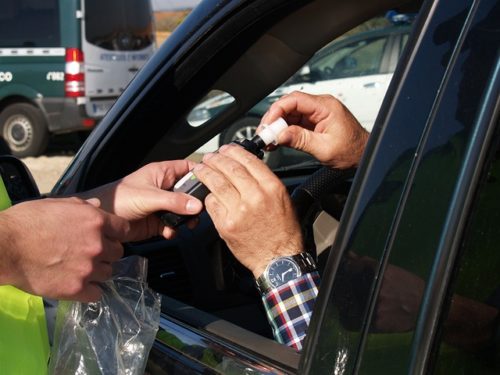
When you are pulled over in Texas and the officer accuses you of driving under the influence of drugs or alcohol, they will likely administer a breathalyzer test to determine whether or not you are under the influence. However, you may be sober, but the test indicates that you are under the influence. As such, it’s important to understand your legal options to determine whether or not you can dispute the results of this test. The following blog explores what you should know about these matters and why it’s necessary to consult Houston DWI defense attorneys before making legal decisions.
What Is a Breathalyzer?
A breathalyzer device is a piece of technology that measures how much alcohol is in the air a person breathes, which can be used to determine their Blood Alcohol Concentration (BAC). Essentially, it will measure the amount of alcohol in your lungs and can convert that to reflect the concentration in your bloodstream. Generally, 2,100 milliliters of breath will contain the same amount of alcohol as 1 milliliter of blood.
Your BAC reflects the amount of alcohol in your system and is the basis for determining whether or not someone is intoxicated. In the United States, the legal limit for alcohol is 0.08%. As such, if you are at or over the legal limit while operating a vehicle, you will be charged with a DUI. However, if you have less than the legal limit but the officer has determined the amount of alcohol in your system still inhibits your ability to drive, you can also face charges.
Is It Possible to Fight the Outcome of These Tests?
It’s important to understand that while breathalyzers are objectively impressive technology, like any device, they can break, malfunction, or work improperly. As such, the results of your test may not always be entirely accurate. Unfortunately, this can lead you to face a DUI charge that may not be warranted.
For example, if the device is not properly maintained or calibrated, false readings may result. Additionally, if the officer administering the test has never used the device before, you may find that their inexperience can lead to a false reading.
In some instances, the results of the breathalyzer may not be because of the device, but rather your physiology. For example, your lung capacity, body temperature, and health issues like diabetes or gastroesophageal reflux disease can all impact your test, making a false positive reading more likely.
If you believe there were factors that negatively impacted the breathalyzer test you took, it’s imperative to understand that working with an attorney may be able to help you avoid being convicted of a DUI. At the Gonzalez Law Group, we understand how complicated these matters can be. That’s why we are committed to doing everything possible to help you through these challenging times. Connect with us today to learn how we can represent you during these matters.



